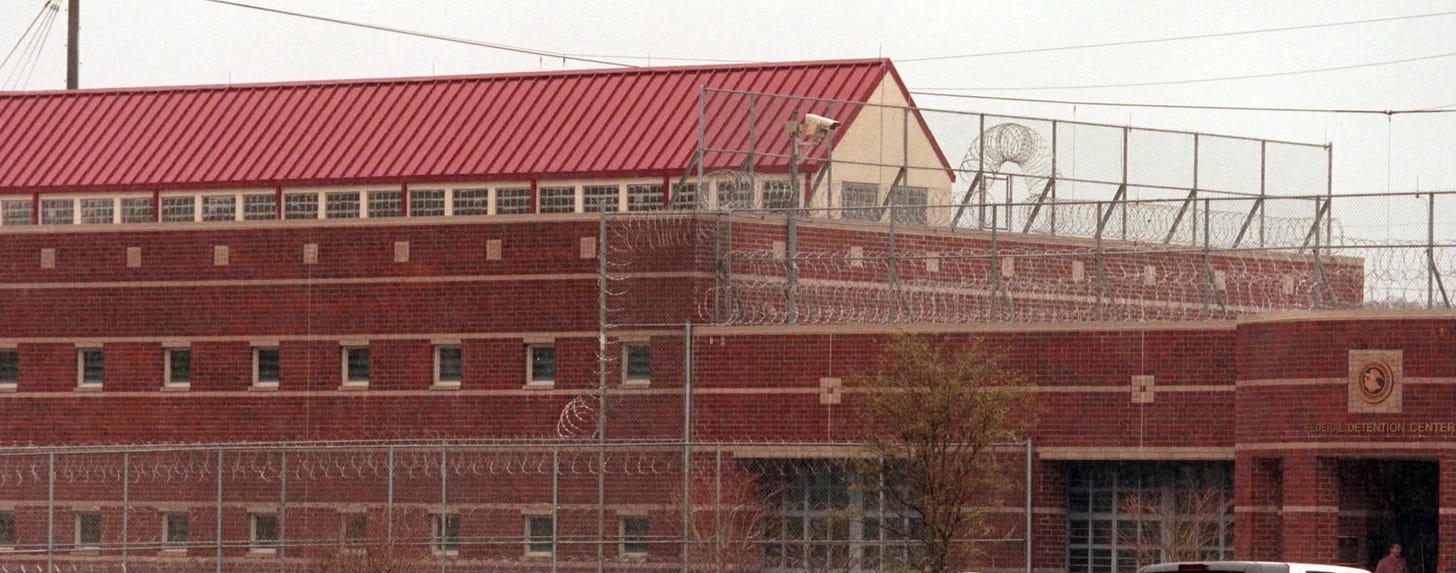Might And Rights
I am not a biologist. Unlike Supreme Court Justice Ketanji Brown Jackson, however, I am willing to speak about a biological matter despite lacking that credential. That matter? That there are biological differences between men and women. It's not complicated, nor should it be controversial. There are chromosomal differences that produce physical, anatomical, and chemical differences, and the chemical differences affect behavioral proclivities across a wide range.
None of this is in doubt, even when viewed in the context of transgenderism. After all, if there were no differences, "transgender" would not even exist.
Societies since the inception of civilization have recognized those differences. Across most of history, they often did so in ways that are at odds with our modern, evolved morality and precepts of human rights, but "good" or "bad" aside, the differences mattered.
They matter today, even under the most egalitarian societal structures.
Why?
Because they exist, and because they are significant enough to justify disparate treatment.
It's why there are gender-segregated spaces, such as toilets and locker rooms and some sports and prisons.
Some will argue that this segregation is an antiquated product of puritanism or patriarchy, and I've been to some spaces (a rock club in Williamsburg comes to mind) where the bathrooms were communal. Private space, do what you want, I say, but biology is indifferent to social mores.
This all popped into my head as I read of a lawsuit by a female inmate in a federal prison. Rhonda Fleming, a 58 year old serving a long stretch for Medicare fraud, sued the Federal Bureau of Prisons for incarcerating biological males in the same facility. You can read about it here.
Here's the irony, and the kernel that spawned today's post. The prison's warden, in response to the suit, wrote:
The Bureau of Prisons ("BOP") cannot—and will not—risk the safety of transgender individuals, or subject itself to increased litigation, because Plaintiff does not like being housed with someone she views as different than her—a natal male living as a transgender woman, someone she views as 'choosing' a contrary gender identity.
So, the transgender inmate is to be housed in a women's prison because safety. This is an acknowledgment that a woman in a men's prison would be at risk of sexual assault. Yet, the same concern is not extended to the women's prisons, even if the transgender inmate has a penis.
This may seem quite hypocritical, but only if you do not understand the filter that produces such "logic."
It all boils down to the "oppressor-oppressed" dualism that is at the heart of progressive thought and that I've written about many times. Since persons who identify as trans are considered more oppressed by society than persons with XX chromosomes, the rights of the latter are subordinate to the rights of the former.
It's that simple. In a society whose foundation is oppressor-oppressed, there is no equality of rights.
I'll write that again. Under the progressive/"woke" worldview, there is no equality of rights.
This upends the entirety of modern Western governance, repudiates the Enlightenment values that spawned this and other nations, and explains progressives' disdain for the Constitution.
There is one element of those values, however, that the woke mindset does cleave to: government's role in protecting individual rights.
With a twist.
When a government is tasked to enforce rights, but operates under the philosophy that the more oppressed have greater rights than the less oppressed, we not only get unequal treatment under the law, we get a government authorized to coerce and infringe.
I use the prison example as a springboard, but the dynamic extends across countless areas and creates countless issues. Taken to its logical conclusion, individuals' rights become defined by government arbiters rather than being inherent. If someone in charge deems you the "oppressor" in an interaction, your counterpart, the "oppressed," gets the heavy hand of government tipping the scales in his or her favor. Note that the interaction is what determines the labels. A woman interacting with a man gets "oppressed" favoritism, but if the man declares "I am a woman," now the (biological) woman is the oppressor.
Herein lies the "equity" folderol, it's worth mentioning.
It may seem just in some instances to have government tip those scales, and those so inclined can come up with a litany of reasons. Once that behavior becomes accepted, however, a societal breakdown is inevitable. When we all have the same rights, when justice is blind and we are treated equally under the law, there is no incentive to seek government favor. When such favor exists, however, then we become crabs in a pot, pulling each other down as we try to elevate ourselves above others. It does not work and it cannot work, no matter how much the Best-and-Brightest insist otherwise.
The other irony at play here is the government being the 'supreme oppressor.' Thus, we have an oppressor mightier than all the others oppressing anyone who is, in a particular interaction, an oppressor, in order to reduce oppression.
For most of human history, "might makes right" was the dominant ethic in human affairs. Enlightened people of the eighteenth century developed an idea that government should protect the smallest minority - the individual - from that ethic, and humanity flourished. Today, those among us who think themselves more enlightened than us and than those eighteenth century persons want to bring us full circle, so that their benevolent tyranny can shoehorn society into their utopian delusion.
It's common for people to argue who is the most oppressed. We should, instead, ask who is the biggest oppressor. The answer is obvious.



Spot on!